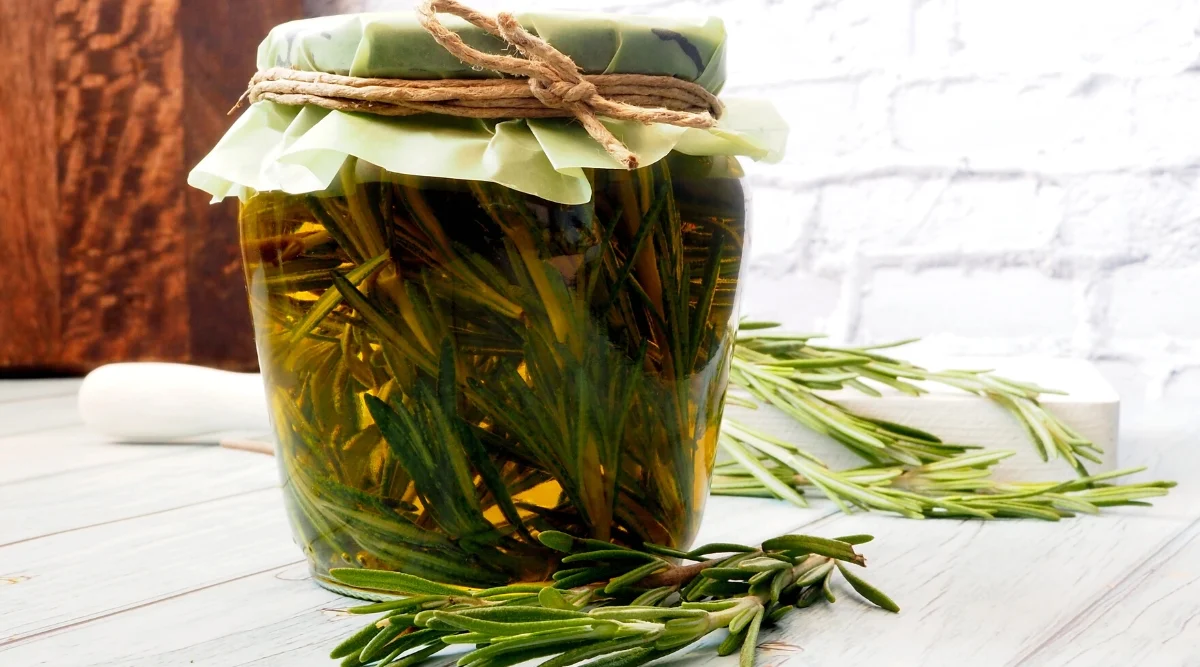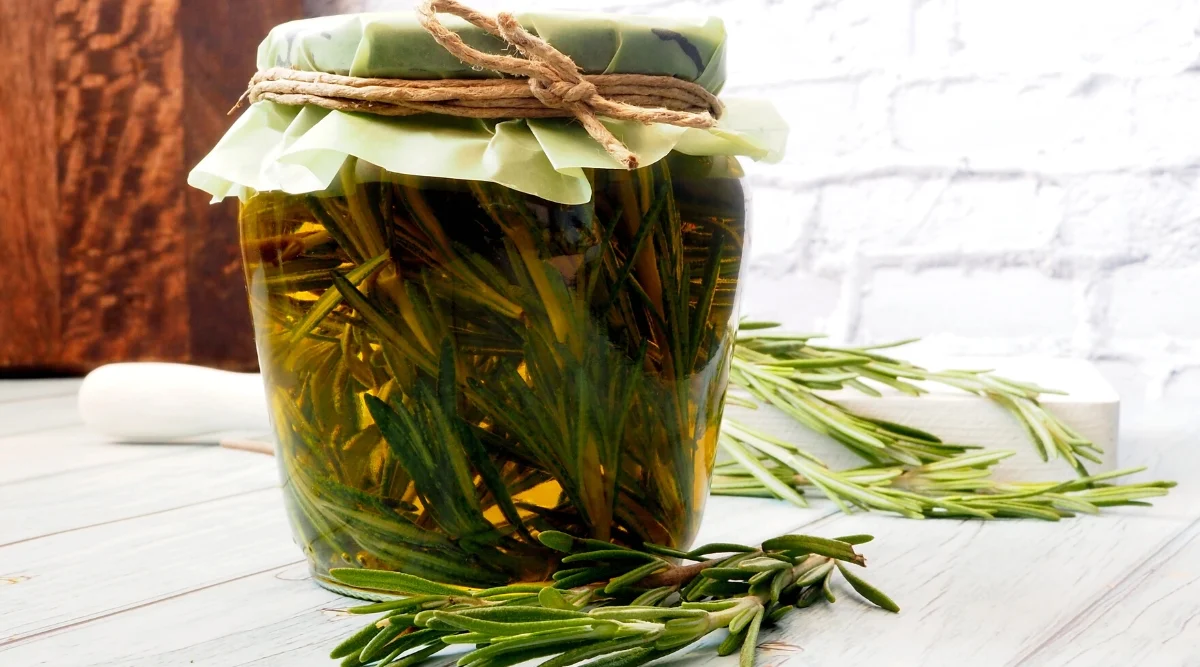
Rosemary oil, particularly when made through maceration, is a treasure trove of benefits packed into a simple, aromatic oil. This DIY guide not only walks you through the steps of making your own rosemary oil at home but also highlights the diverse ways it can enrich your health and daily life.
Benefits of Rosemary Oil
Rosemary oil is revered for its versatile properties. It’s known to promote hair growth, improve memory, alleviate pain and inflammation, and even provide antioxidant protection. Whether you’re using it in aromatherapy, as a topical hair treatment, or for soothing sore muscles, rosemary oil can be a natural, potent addition to your wellness routine.
How to Make Rosemary Oil Macerate
Creating your own rosemary oil macerate is straightforward and satisfying. Here’s what you’ll need and how to do it:
-
Ingredients:
-
Fresh rosemary sprigs
-
A carrier oil (such as olive oil, almond oil, or grapeseed oil)
-
A glass jar with a lid
-
-
Instructions:
-
Begin by thoroughly washing the rosemary sprigs to remove any dirt or impurities. Allow them to dry completely; any moisture can lead to spoilage.
-
Once dry, gently bruise the rosemary leaves to release their natural oils. This can be done by lightly crushing them with a mortar and pestle or rolling them with a rolling pin.
-
Place the bruised rosemary sprigs into your glass jar, filling it up to halfway.
-
Pour the carrier oil over the rosemary until the jar is nearly full, making sure all parts of the rosemary are submerged to prevent mold growth.
-
Seal the jar tightly and place it in a sunny spot, like a windowsill, for two to three weeks. Shake the jar gently every couple of days to mix the contents.
-
After the infusion period, strain the oil through a fine mesh sieve or cheesecloth into another clean glass jar. Squeeze the rosemary in the cloth to extract as much oil as possible.
-
Label your jar with the date, and store it in a cool, dark place.
-
Uses of Rosemary Oil Macerate
-
Skincare: Apply it to the skin to help reduce inflammation and improve circulation. Its antibacterial properties can also help clear up skin irritations.
-
Hair care: Massage the oil into your scalp to stimulate hair growth and add a healthy shine to your hair.
-
Pain relief: Use it as a massage oil for relieving joint pains and muscle aches.
-
Aromatherapy: Add a few drops to a diffuser to enhance mental clarity and relieve stress.
A Note of Caution
While rosemary oil is generally safe, it’s always best to do a patch test first to ensure you don’t have an allergic reaction. Pregnant women and individuals with certain health conditions should consult a healthcare provider before using.
Conclusion
Rosemary oil macerate is a delightful, multipurpose addition to any home remedy collection. Making it yourself not only adds a personal touch but also ensures you have a fresh, chemical-free product. Try incorporating this aromatic oil into your daily routine and discover the myriad ways it can enhance your health and home.
